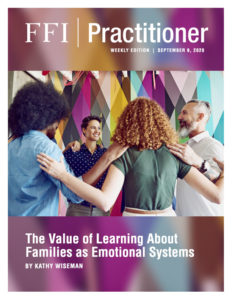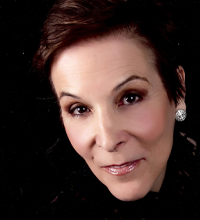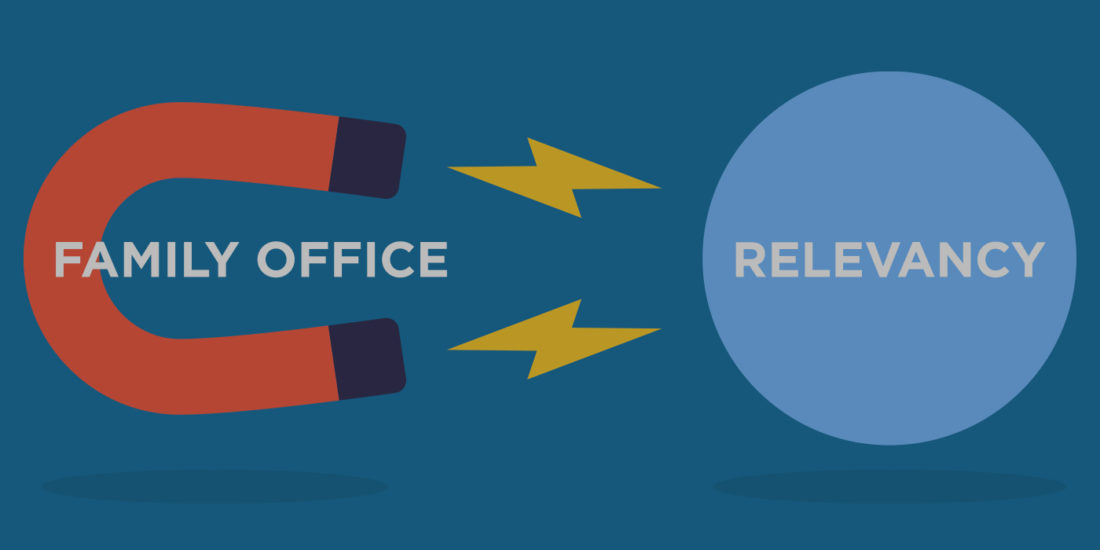
View this edition in our enhanced digital edition format with supporting visual insight and information.
This week, FFI Practitioner is pleased to continue our series of articles by presenters at the virtual 2020 FFI Global Conference, October 26-28. Thank you to Kathy Wiseman for sharing this article presenting an essential lesson she’s learned during her career as a family enterprise advisor – the importance of understanding families as emotional systems.
There is one course of study that provides the most rigorous and valuable training for a family enterprise consultant, and it is not related to business processes.
Families—and the family enterprise systems of which they are a part—are emotional systems. Warning: no matter how sound the logical structures, any upset within an emotional system will undermine logic, effectiveness, and prior decisions. With that as my premise, I advocate that consultants learn as much as they can about emotional systems and how emotional systems function.
I became interested in working with family enterprises and high-net-worth families in 1980. What I observed in my first family business case was how riddled the relationships were with conflicts and gossip. These upsets negatively affected the productivity and financial returns of the business, as well as the family relationships. Yes, I have an advanced degree in business, and I had taken many courses in organizational development, workflow, governance, planning, and strategy. Still, that extensive training in business operations did not prepare me for the emotionality of the family business.
My work continues today in the field of family enterprise and wealth consulting with a slightly different twist. I am mostly engaged in training other professionals who are interested in entering this line of work. Professionals seeking to join the field often ask me two questions: “What are the critical skills needed to competently advise families?” and, “How does a consultant develop those skills?”
Based upon my nearly 40 years of experience in working with families, I have learned that the single most valuable skill an advisor can develop is to understand families as emotional systems. It is an essential way to interpret family relationships.
The way I have learned about family relationships and the emotional processes inherent within families is by learning and practicing Bowen Family Systems Theory. Bowen Theory posits that the human family is an emotional unit continually striving for balance and homeostasis. Individual family members are emotionally responsive to, and inseparable from, their family unit. They function in predictable ways as they influence one another physiologically, mentally, and behaviorally.
Understanding families as emotional systems allows one to see the big picture. Rather than focus on particular situations, circumstances, or people in isolation as “the problem,” valuable information and insights can be gleaned from broadening one’s perspective to consider the matter at hand within the context of the patterns and functioning of the larger family system.
Aside from financial concerns, challenges that families experience generally fall into three categories: physical, emotional, and social. For example, developing an illness, depression, inappropriate behavior at work, and unresolvable conflicts can all be considered symptoms of an emotional system that is flooded with anxiety and out of balance. Families are not causing symptoms. Rather, families are caught in automatic patterns of managing anxiety by passing it around. That can have unintended consequences, such as scapegoating.
When considered through a family-systems lens, emotional upheaval is simply emblematic of an upset system looking for more mature leadership. Adopting a family-systems perspective reduces name-calling, stigmatizing, and blaming, while increasing objectivity and thereby promoting greater creativity in solving problems.
If one can see client systems as living systems with predictable patterns acting in concert, then strategies for consulting shift away from telling clients what to do, as though they were robots. Of course, ideas can be useful for clients who are acting as more separate and differentiated individuals.
There is a great deal to be learned about how family businesses operate as emotional systems. Consultants who acquire this knowledge need to recognize that they can either get caught up in the emotional reactivity of the system and further its less-than-optimal ways of functioning, or they can be useful as an outside and more emotionally separate coach who can have a transformative, positive impact.
Here are a few ideas about how to be a resource for families by applying Bowen Theory:
-
- Manage your own anxiety and emotional reactivity. Resist the temptation to be a savior with ready answers. Assume the posture of a coach instead. Remain neutral; don’t take sides.
- See the family as an interactive system with long-term automatic patterns. Key among these patterns to identify are triangles. Appreciate interlocking triangles as a way to think more strategically about the family system and its challenges.
- Redefine the presenting challenge with the widest possible lens. Patterns repeat across generations, so consider the family system within the context of three or more generations.
- Support clients in developing the capacity to problem-solve. Ask strategic questions and explore ideas to help them think through their challenges and find their own solutions.
- Establish an environment where clients can define the problem broadly and view it over a period of time. Assist them in considering and developing a variety of options.
- Be curious and keep an open mind. Let the family lead you in the process of discovery.
- Continue evolving your understanding of emotional process and group behavior, and engage in ongoing learning. Whenever possible, focus on the natural world and consider what can be learned about human behavior from understanding the behavior of animals (swarming bees and beehives, flocks of birds, and schools of fish, for example).
For me, the most difficult of these tenets to follow is managing my own anxiety that arises from not giving an answer to solve the problem. After all, is not that the reason that I was hired?
Actually, no; it is not the reason I was hired. Like clients, many advisors fall into the trap of assuming that they are hired to “solve the problem.” I believe that my role as an advisor is to build the capacity within my clients to solve the challenges that they identify for themselves. If I define the issues and provide the answers for them, then the work becomes about me. If they succeed, it’s because of me. If they fail, it’s because of me. Under this scenario, I disempower my clients. I deny them the ability to think for themselves and to build their problem-solving muscles. Early on in my initial communications with clients, I define my role as assisting them in solving their issues themselves, not providing them with MY answers.
This description of family systems theory is just the tip of the iceberg when it comes to understanding and managing the self in an emotional system.
The first and most significant lesson from my experience, and those of others, is that the most effective place to start is to learn about one’s own emotional system, family, and place within it.
Dr. Murray Bowen, the psychiatrist who developed Bowen Family Systems Theory, based the theory in large part on the study of natural living systems. He used terms to describe the theory that are consistent with the rest of the life sciences. Dr. Bowen described the process of individuals becoming slightly freer of their family system and yet still being able to relate to difficulty within their family as “differentiation of self.” A consultant’s process for differentiation in his or her own family is critical to the consultant’s ability to manage anxiety or disruption in client family systems.
The goal is to observe oneself in the push and pull of relationships and to learn what it is in one’s life that prompts automatic and less thoughtful responses.
Knowing what is an automatic, anxious response for you is crucial if one is to be a more thoughtful consultant when working with clients of any size or complexity. The ability to recognize and manage one’s own emotional reactivity equips you to be an objective resource in supporting clients to identify and manage their emotional reactivity within their family and family enterprise systems.
The practitioners who know and can skillfully navigate their own family emotional systems have a framework for guiding their thinking and improving their performance when consulting to families and family enterprise systems.
About the Contributor

Kathy Wiseman is a founding member of FFI, an FFI Fellow, and the first recipient of the Barbara Hollander Award. She will be presenting “Learning from One’s Mistakes: Better is Possible” at the FFI virtual annual global conference on Wednesday, October 28.

View this edition in our enhanced digital edition format with supporting visual insight and information.





